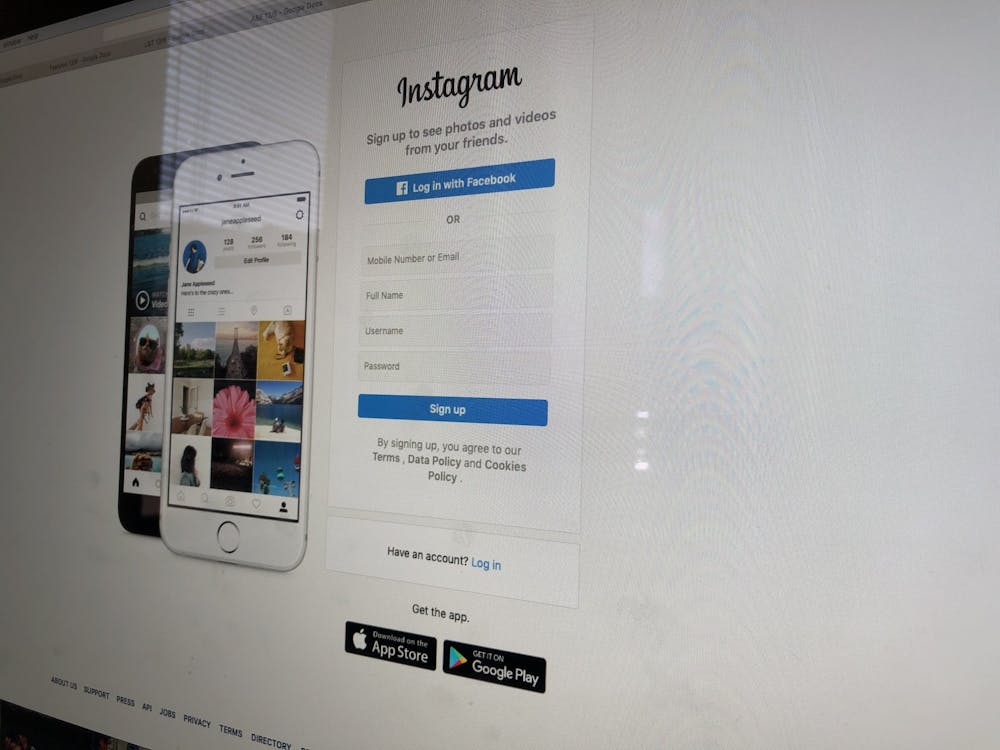I’ve had the privilege of being on campus multiple times when the power goes out. It feels like the campus is transported back in time. The lights are off. TVs are off. Phones and laptops die.
This crazy thing happens where people really interact, not through a screen, but face to face. People sit out in the hallway and talk. People play cards. My personal favorite is when people started slap-boxing. My true experiences of intentional community at Taylor have happened when the power is out.
However, when the power is back on, the screens return. Netflix starts looping again. We scroll through Instagram. The video game consoles turn back on. We return to the sad reality that our generation has a true addiction to technology as a means of entertainment.
Hours and hours and hours a day are sucked away by streaming, social media and video games. Now, like other mediums, technology can be used for good or bad. For example, watching a movie as a group or playing a fun game of Mario Kart together can develop camaraderie and great memories.
But, it seems that scrolling through social media, binging Netflix or spending hours a day playing video games link to isolation, depression, anxiety and purposelessness as noted in Harvard Health Publishing. Yet no one on campus seems to mind.
Technology as entertainment seems analogous to alcohol. In one sense, they’re both a gift from God that can build community, connections and conversation. But, when misused or stewarded poorly, they can both have destructive consequences.
I conducted a brief survey of students on campus, simply asking if technology or alcohol is more detrimental to spiritual growth. Most students from the survey admitted the negative effects of technology as entertainment, such as loneliness, anxiety and addiction are much more likely to be a wedge between the student and God than the negative effects of alcohol.
So, if the Life Together Covenant (LTC) consists of the, “Expectations for a community seeking academic progress, personal development, and spiritual growth,” should it start addressing the epidemic of technology on campus?
Helen Blaszczak, sophomore, described last year that she had developed the habit of watching a few hours of Netflix after class. She said, “I wish someone had called me out on this. I wish they had done it lovingly, but I was stuck in a habit of wasting time. I had to get out of it on my own.”
Senior Nathan Margosian, talked about a friend on campus playing video games for four to six hours a day. He asked, “When is it my responsibility to step in?”
Last week, I walked through Third West Wengatz. I saw about fifteen guys with doors open, and every single one was absorbed in a screen of some sort, but this is not unique to Third West or Wengatz. These are some of the many examples of the destructive sides of students’ experiences with technology as entertainment.
Andy Crouch writes in his book “The Tech-Wise Family” on technology from a Christian perspective, and he calls us to put it in its “proper place.” I’m not calling for an absolute abstention from technology as the LTC does for alcohol, rather, we, as a community, should seek to find the proper place for technology in our lives as Christians and put it there.
I think many of us would agree we don’t have it in its proper place, so this seems like an opportunity for Taylor students and administration to be progressive. Rather than letting its students become prey, let’s address technology as entertainment together.





